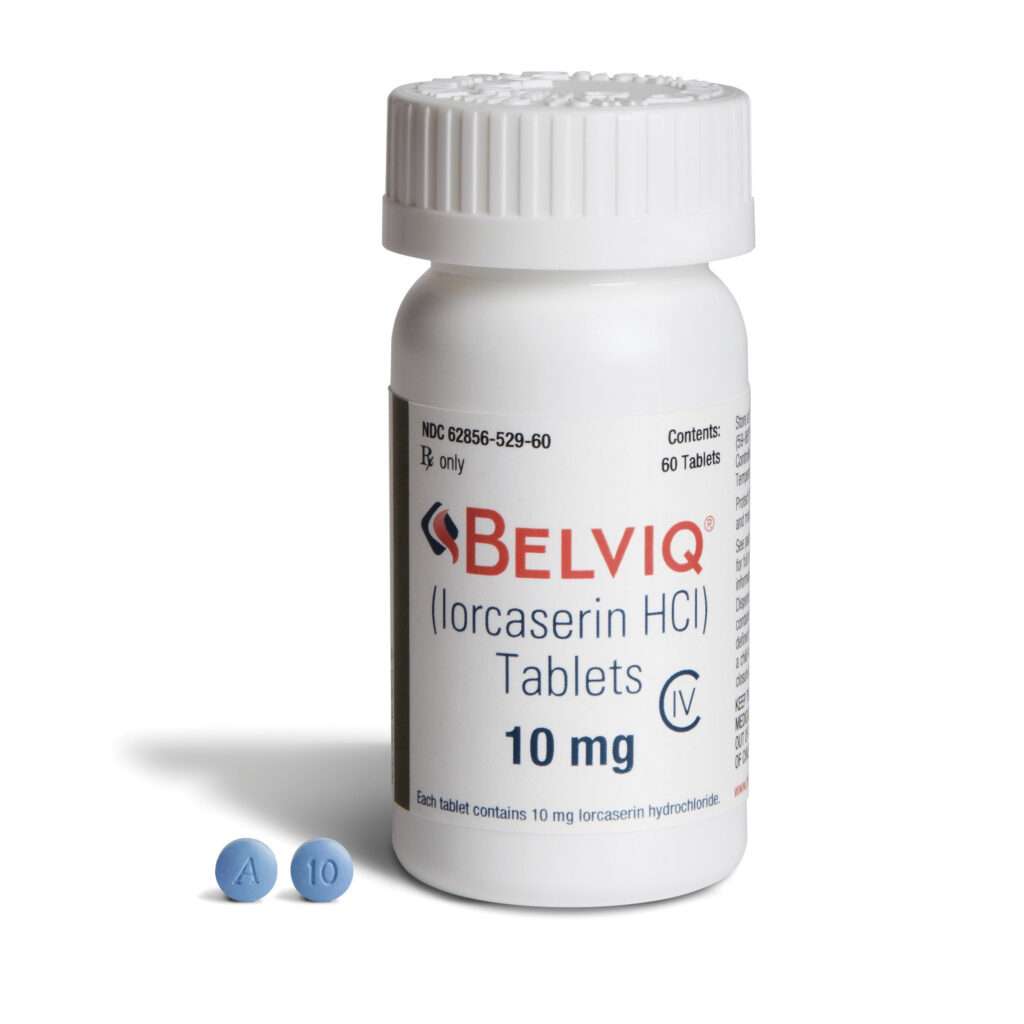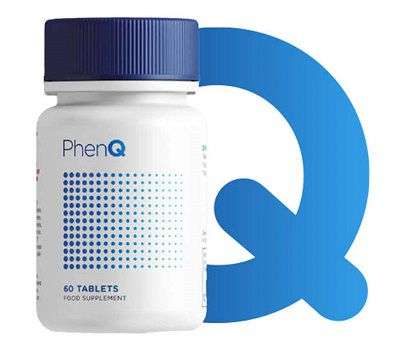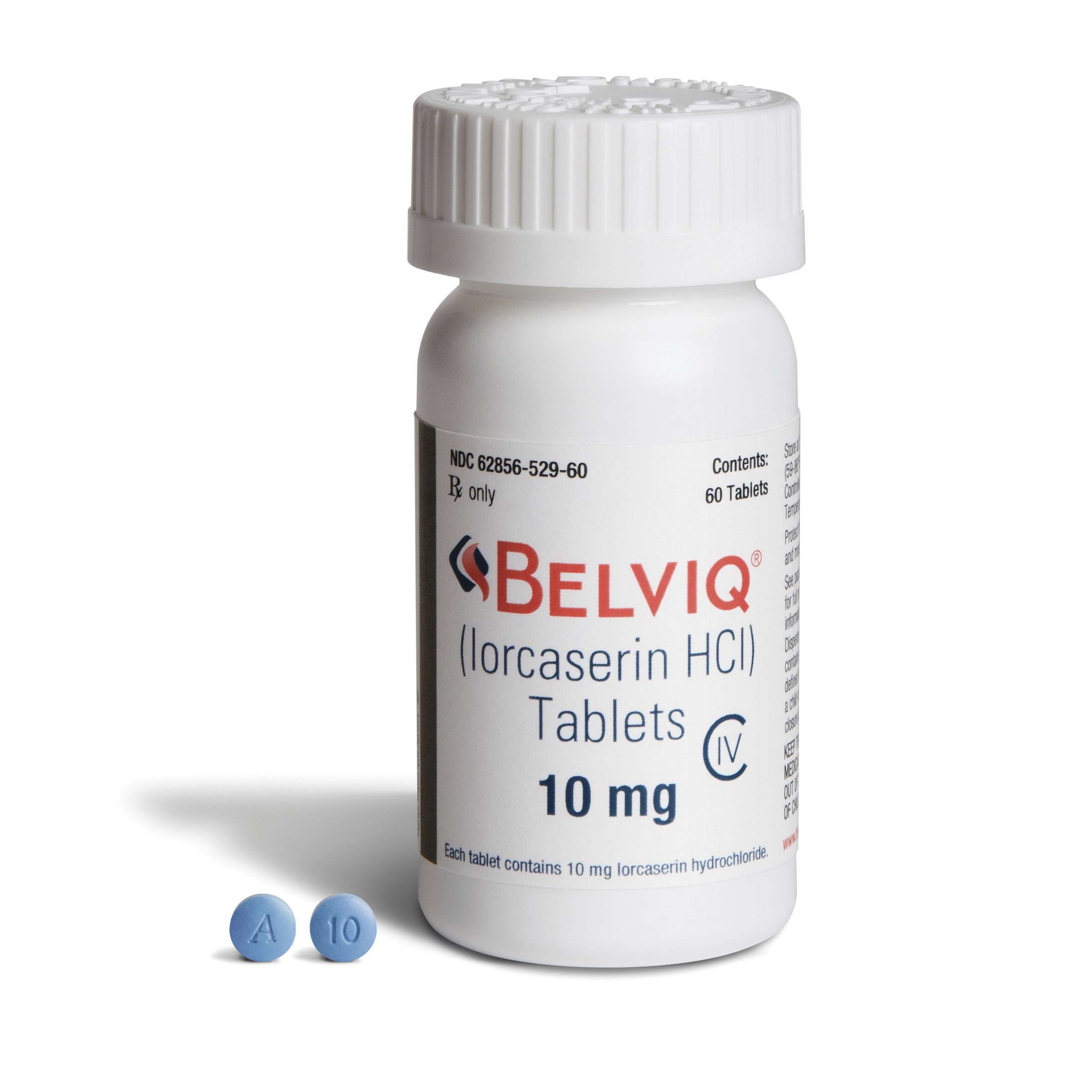So you’ve decided to embark on a weight loss journey, but the overwhelming number of weight loss pills available on the market has you feeling lost and confused. With so many options promising quick and effortless results, how do you know which ones actually deliver on their claims? In this article, we will explore which weight loss pills have proven to be effective through scientific research and user testimonials. Whether you’re looking for appetite suppressants, fat burners, or metabolism boosters, we’ll provide you with the information you need to make an informed decision and kickstart your weight loss journey.
Weight loss pills
Weight loss pills have become a popular method for individuals looking to shed those extra pounds. With so many options available, it can be overwhelming to choose the right one for you. In this article, we will explore the different factors to consider when selecting a weight loss pill, as well as provide information on some of the most popular prescription and over-the-counter options.
Factors to consider
Before diving into the various weight loss pills available, it’s important to consider a few factors. First and foremost, it’s crucial to consult with your healthcare provider before starting any new weight loss regimen, especially if you have underlying medical conditions or are taking other medications. They can offer valuable insight and determine if a weight loss pill is suitable for you.
Another factor to consider is the effectiveness of the pill. While many products claim to be a “miracle solution,” it’s important to look at the scientific evidence and research behind them. Additionally, keep in mind that weight loss pills are not magic potions. They should be used in conjunction with a healthy diet and regular exercise for optimal results.
Furthermore, consider any potential side effects or allergies you may have. Some weight loss pills may cause digestive issues, increased heart rate, or allergic reactions. It’s crucial to read the product labels and consult with a healthcare professional to ensure your safety.

Prescription weight loss pills
Prescription weight loss pills are medications that require a prescription from a healthcare provider. These pills are typically recommended for individuals with a body mass index (BMI) of 30 or higher, or for those with a BMI of 27 or higher with an obesity-related condition such as diabetes or high blood pressure.
Orlistat
Orlistat is one of the most commonly prescribed weight loss pills. It works by inhibiting the absorption of fat in the intestine, allowing it to pass out of the body through bowel movements. Orlistat has been shown to help individuals lose more weight compared to diet and exercise alone.
However, it’s important to note that Orlistat can cause some unpleasant side effects such as oily stools, flatulence, and frequent bowel movements. Additionally, it may interfere with the absorption of certain vitamins, so it’s recommended to take a multivitamin supplement while using this medication.
Phentermine
Phentermine is another prescription weight loss pill that works as an appetite suppressant. It stimulates the release of chemicals in the brain that reduce hunger, making it easier to stick to a calorie-restricted diet. Phentermine is typically prescribed for short-term use, as it can be habit-forming and may cause side effects such as increased heart rate, elevated blood pressure, and insomnia.
Phentermine should only be used under the guidance of a healthcare professional, as it can interact with certain medications and is contraindicated for individuals with heart disease, high blood pressure, or hyperthyroidism.
Lorcaserin
Lorcaserin is a prescription weight loss medication that works by targeting certain receptors in the brain to help reduce appetite and promote satiety. It can be used for long-term weight management and has been shown to help individuals lose weight when combined with a reduced-calorie diet and exercise.
However, lorcaserin may cause side effects such as headache, dizziness, and nausea. It should not be used by individuals with a history of heart disease or stroke, as it may increase the risk of these conditions.

Over-the-counter weight loss pills
Over-the-counter weight loss pills, also known as dietary supplements, can be purchased without a prescription. These products often contain a variety of ingredients, such as herbs, fibers, or stimulants, that claim to aid in weight loss. However, it’s important to approach these options with caution, as they are not regulated by the FDA and may not have undergone rigorous testing for safety and efficacy.
Garcinia Cambogia
Garcinia Cambogia is a popular ingredient found in many over-the-counter weight loss pills. It is derived from a tropical fruit and is believed to suppress appetite and block the production of fat in the body. However, scientific evidence supporting these claims is limited, and the effectiveness of Garcinia Cambogia for weight loss remains inconclusive.
Green tea extract
Green tea extract is another common ingredient in over-the-counter weight loss pills. It contains antioxidants called catechins, which are believed to boost metabolism and aid in fat burning. While some studies have shown modest weight loss results with green tea extract, the overall evidence is not yet conclusive.
It’s important to note that over-the-counter weight loss pills may have varying levels of efficacy and may not work for everyone. Additionally, they can interact with other medications and may cause side effects such as digestive issues, jitters, and insomnia. It’s important to read product labels carefully, follow dosage instructions, and consult with a healthcare professional if you have any concerns.

Conclusion
When considering weight loss pills, it’s essential to weigh the pros and cons, consult with a healthcare professional, and carefully evaluate the scientific evidence behind each product. Prescription weight loss pills such as Orlistat, Phentermine, and Lorcaserin may be suitable for individuals with a BMI of 30 or higher or those with obesity-related conditions, but they should only be used under medical supervision due to potential side effects.
Over-the-counter weight loss pills, such as those containing Garcinia Cambogia or green tea extract, may be an option for some individuals, but their efficacy and safety are still being studied. It’s important to approach these products with caution and consider the potential risks and benefits.
Regardless of the weight loss pill you choose, remember that it is not a magic solution. It should be used in conjunction with a healthy diet, regular exercise, and lifestyle changes for long-term success. Ultimately, the most effective weight loss approach is a balanced and sustainable one that prioritizes overall health and well-being.

